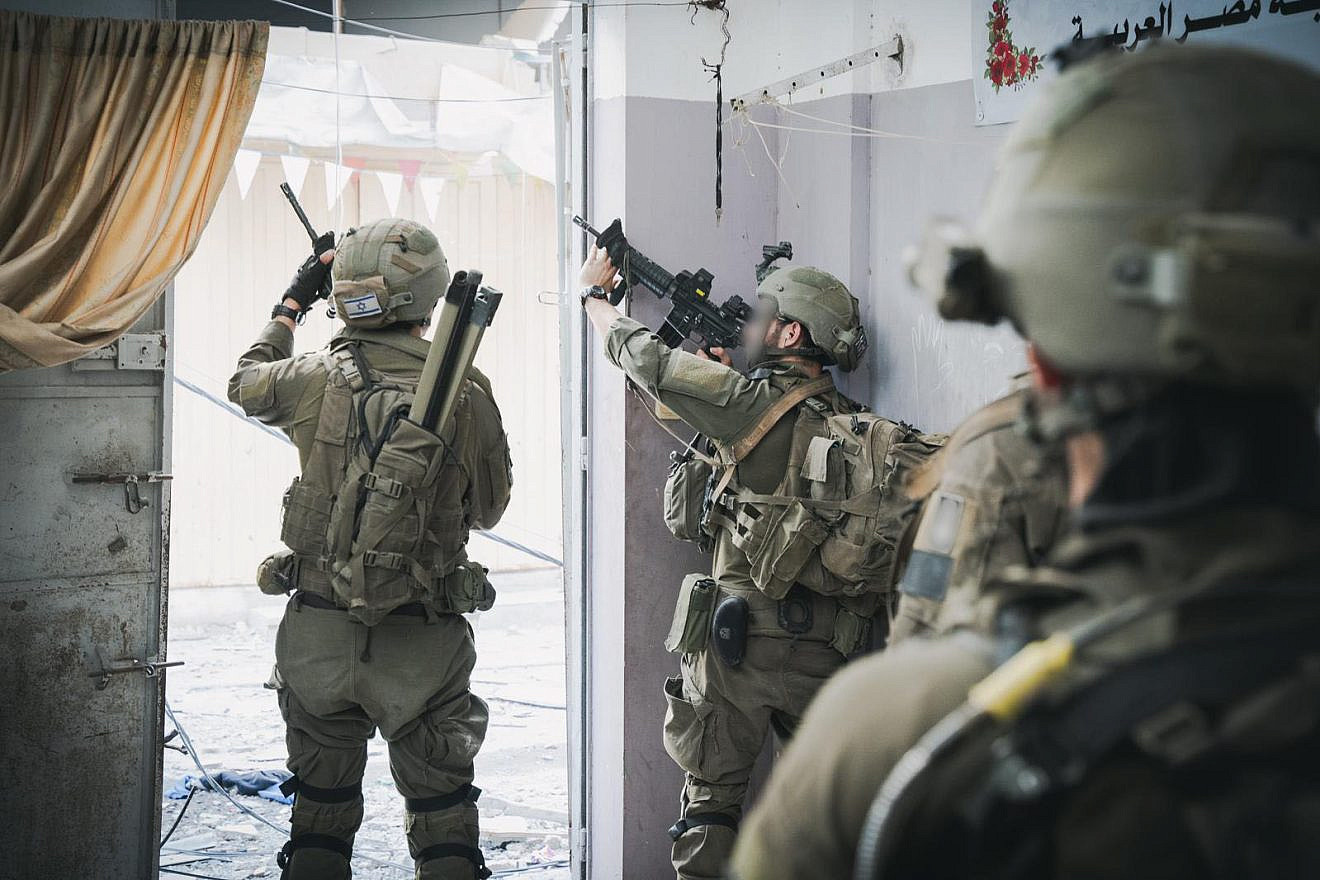Already a subscriber? Make sure to log into your account before viewing this content. You can access your account by hitting the “login” button on the top right corner. Still unable to see the content after signing in? Make sure your card on file is up-to-date.
According to US intelligence agencies, Israeli troop movements in southern Gaza reflect a strategic regrouping rather than a full withdrawal like the Israeli government has claimed.
John Kirby, the White House national security coordinator, shared insights from US intelligence agencies, stating, “The indications that we’ve been getting from them this morning is, this is really largely rest and refit for troops that have been on the ground consecutively now for four months and, they need a chance to come – to come out now.”

This repositioning comes as Israel announced its forces’ withdrawal from Khan Younis, a pivotal moment in its ground offensive against Hamas, significantly lowering its military footprint in Gaza for the first time since the conflict’s inception six months ago. Despite the apparent withdrawal, defense officials have clarified that the troops are merely regrouping, with future plans for the forces remaining undisclosed. “What they’ll do with those troops after a rest and refit, I can’t speak to,” Kirby added, indicating a tactical pause rather than an end to military operations.

Israel’s military chief, Lt. Gen. Herzi Halevi, said, “The war in Gaza continues, and we are far from stopping,” pointing out the strategic importance of Rafah as Hamas’s last stronghold. This stance was echoed by Kirby, who reiterated the United States’s opposition to any ground military operation in Rafah, given its potential humanitarian impact on the densely populated area. “All I can do is say what I said before, We don’t support a major ground operation in Rafah. That has not changed.”
In response to the evolving situation, Kirby also mentioned that US officials are in discussions about alternatives to a ground operation in Rafah, seeking to mitigate humanitarian concerns while addressing the conflict’s challenges. These discussions include plans for an in-person meeting with Israeli counterparts to explore these alternatives further, following a virtual meeting held earlier in the week.






